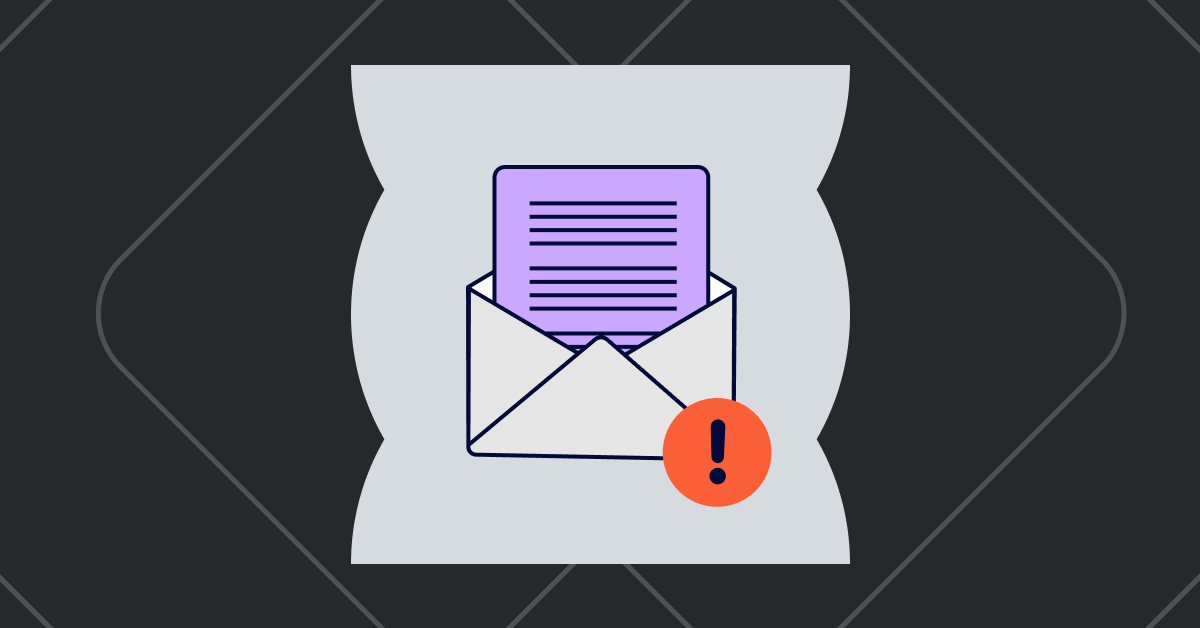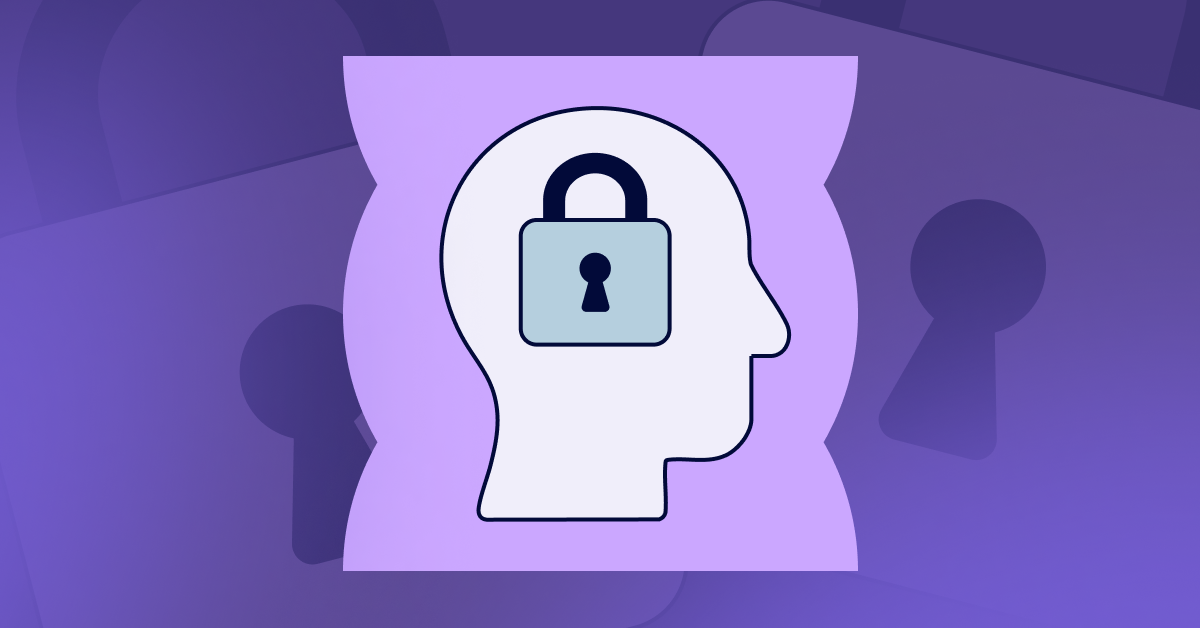Cybersecurity & the Super Bowl: The Biggest Game for Hackers Too
The Super Bowl isn’t just the biggest game of the year, it’s also a prime time for cybercriminals to run their own plays. With millions of people placing bets, ordering food, and connecting to public Wi-Fi at watch parties, hackers know this is their moment to strike. From fake ticket scams to sketchy Wi-Fi networks and even smart TV hacks, there are more cybersecurity risks on game day than you might think.

Super Bowl Sunday isn’t just the biggest day in football, it’s also a prime time for cybercriminals to run their own playbook.
Millions of people are distracted, logging into betting apps, ordering food online, clicking on promo emails. It’s the perfect storm for phishing attacks, account takeovers, and scams. Hackers love big events because they know people are in a rush and not paying attention.
The Super Bowl isn’t just a big day for football, it’s a multi-billion-dollar event, and wherever money flows, hackers follow. Here’s what to watch out for and how to protect yourself:
1. Rogue Wi-Fi Networks: The Hacker’s Playground
Bars, restaurants, stadiums, and watch parties are packed with people, and many of them will connect to whatever Wi-Fi network they find. Hackers set up fake Wi-Fi networks with names like “Free Super Bowl Wi-Fi” to lure people in. Once connected, attackers can intercept sensitive data like passwords and credit card details.
How to Stay Safe:
🏈 Use your mobile hotspot instead of public Wi-Fi.
🏈 If you must connect, use a VPN to encrypt your traffic.
🏈 Never enter sensitive information (passwords, banking info) over public networks.
2. Scalper Bots & Fake Ticket Resale Sites
Desperate to score last-minute tickets? Be careful. Hackers set up fake resale websites that look legitimate but are designed to steal payment info. Even real resale platforms struggle with scalper bots snatching up tickets and reselling them at crazy markups.
How to Stay Safe:
🏈 Buy only from trusted sources like Ticketmaster, StubHub, or the official NFL site.
🏈 Look for HTTPS in the URL and double-check for typos (e.g., "NFLtickets.com" vs. "NFL1ickets.com").
🏈 Use a credit card instead of a debit card for extra fraud protection.
3. DDoS Attacks on Betting Sites: When the House Loses
Super Bowl Sunday is one of the biggest days for sports betting, and cybercriminals know it. Betting platforms handle an insane amount of traffic, making them prime targets for Distributed Denial of Service (DDoS) attacks, where hackers flood a site with fake traffic, causing it to crash. Some criminals even demand ransom payments to stop the attack.
How to Stay Safe:
🏈If you’re betting, set up your account before game day to avoid last-minute issues.
🏈 Use well-known, regulated betting platforms with strong security measures.
🏈 Be wary of “hot tip” emails or messages, these could be phishing attempts.
4. Smart TVs & Streaming Devices: A Backdoor Into Your Network
Your TV might be smarter than you think, but so are hackers. Many smart TVs and streaming devices (Roku, Fire Stick, Apple TV) are connected to your home network, and if they aren’t properly secured, they can be hacked to spy on your activity or launch attacks on other devices in your home.
How to Stay Safe:
🏈 Update your firmware, old software = security vulnerabilities.
🏈 Disable default remote access settings that allow external control.
🏈 Use a strong, unique Wi-Fi password, not the one printed on your router.
we can help
Did you enjoy this content?
Subscribe to our newsletter and get weekly tips on leveraging technology to supercharge your business operations. Don't miss out on the strategies that could transform your company!
.png)

